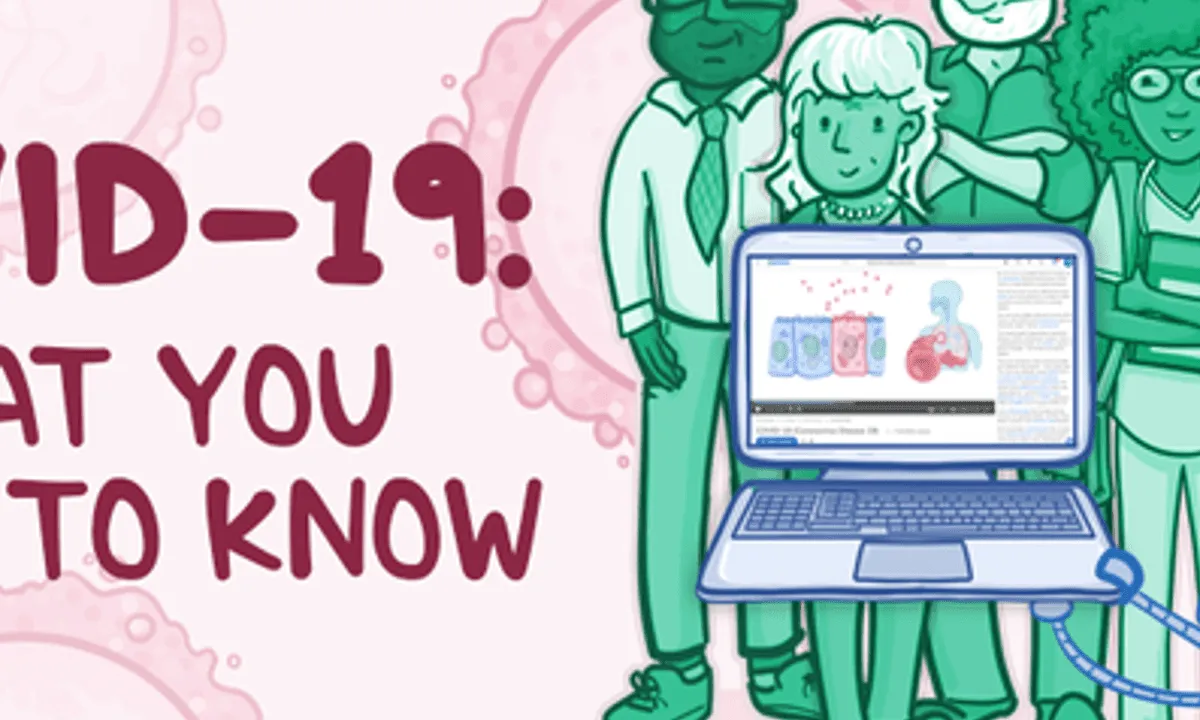
Youth Mental Health: Supporting Young People Using a Trauma Informed Practice 
Learn how to support young people using a Trauma Informed Practice with expert advice from the Mental Health Foundation. Developed alongside professionals, this course will help you understand Adverse Childhood Experiences, evaluate physical health, and foster a positive mindset. ▼
ADVERTISEMENT
Course Feature
![]() Cost:
Cost:
Free
![]() Provider:
Provider:
Futurelearn
![]() Certificate:
Certificate:
Paid Certification
![]() Language:
Language:
English
![]() Start Date:
Start Date:
Self paced
Course Overview
❗The content presented here is sourced directly from Futurelearn platform. For comprehensive course details, including enrollment information, simply click on the 'Go to class' link on our website.
Updated in [June 30th, 2023]
This course provides education assistants with the knowledge and skills to support young people who have experienced trauma. Developed in collaboration with the Mental Health Foundation, the course covers Adverse Childhood Experiences, physical health, the impact of COVID-19 and wider global crises, and fostering a positive mindset. Participants will learn how to discuss childhood experiences that could have contributed to trauma, how to support young people in maintaining their emotional wellbeing, and how to help them manage the transition back to ‘normality’. By the end of the course, participants will be able to explain some of the underlying factors that contribute to a young person’s wellbeing and the actions they can take to support a young person to make positive changes for their mental health.
[Applications]
Upon completion of this course, participants can apply the knowledge they have gained to support young people who have experienced trauma. They can use the Trauma Informed Practice framework to help young people manage stress and trauma, and foster a positive mindset. Participants can also use the information they have learned to help young people transition back to full-time education after a period of absence or difficulty in their personal or family lives.
[Career Paths]
Job Position Path: Youth Mental Health Support Worker
Youth Mental Health Support Workers provide support to young people who are experiencing mental health issues. They work with young people to identify their needs and develop strategies to help them cope with their mental health issues. They also provide emotional support and guidance to young people and their families.
Youth Mental Health Support Workers must have a strong understanding of mental health issues and the impact they can have on young people. They must also be able to communicate effectively with young people and their families, and be able to provide support in a non-judgmental and understanding manner.
The development trend of this job position is increasing due to the growing awareness of mental health issues and the need for more support for young people. There is also an increasing demand for mental health support workers who are trained in trauma-informed practice, as this is becoming an increasingly important part of mental health support. Additionally, the need for mental health support workers is expected to increase as more young people are affected by the pandemic and its associated mental health issues.
[Education Paths]
Educational Path:
The recommended educational path for learners of this course is to pursue a degree in Youth Mental Health. This degree will provide learners with the knowledge and skills to support young people who have experienced trauma, and to help them manage their mental health. The degree will cover topics such as Adverse Childhood Experiences, physical health, the impact of COVID-19 and other global crises, peer isolation, and fostering a positive mindset. It will also provide learners with the opportunity to gain practical experience in working with young people in a variety of settings.
The development trend of this degree is to focus on the use of evidence-based approaches to support young people. This includes the use of cognitive-behavioral therapy, mindfulness-based interventions, and other therapeutic approaches. Additionally, the degree will focus on the use of technology to support young people, such as the use of online counseling and virtual support groups. Finally, the degree will also focus on the use of research to inform practice, such as the use of qualitative and quantitative research methods.
Course Provider

Provider Futurelearn's Stats at AZClass
Discussion and Reviews
0.0 (Based on 0 reviews)
Explore Similar Online Courses

COVID-19: What You Need to Know

Data Manipulation in JavaScript

Python for Informatics: Exploring Information

Social Network Analysis

Introduction to Systematic Review and Meta-Analysis

The Analytics Edge

DCO042 - Python For Informatics

Causal Diagrams: Draw Your Assumptions Before Your Conclusions

Whole genome sequencing of bacterial genomes - tools and applications

Meditation

Mental Health First Aid Skills -


Start your review of Youth Mental Health: Supporting Young People Using a Trauma Informed Practice